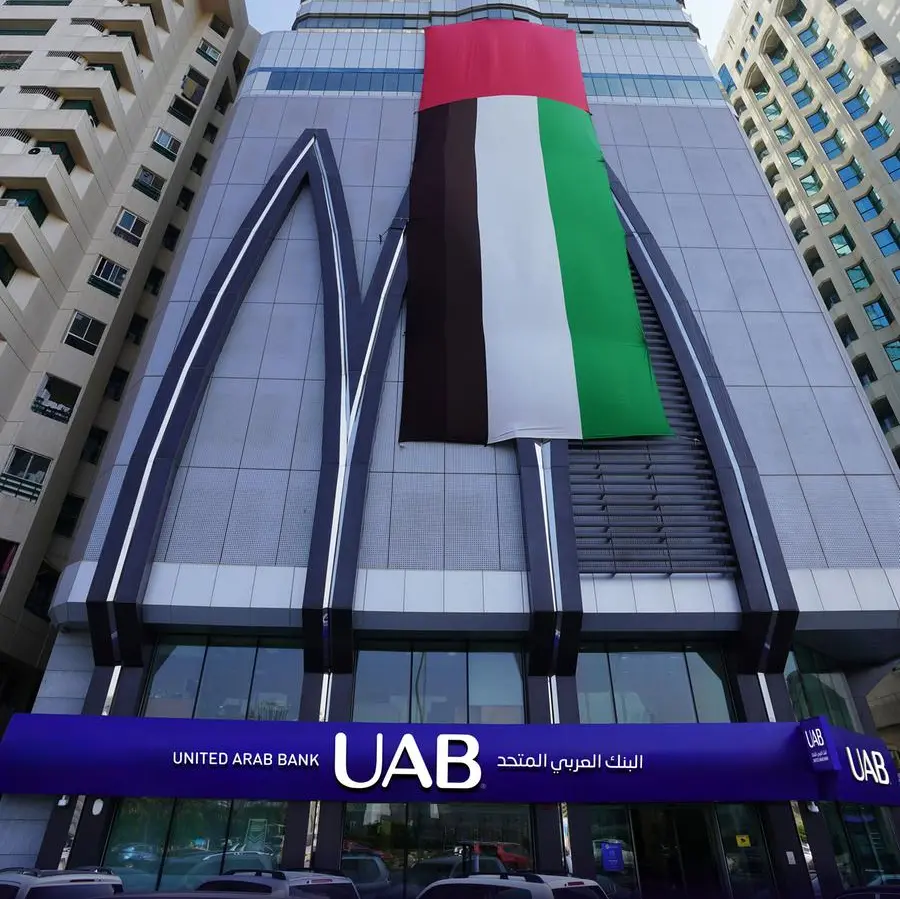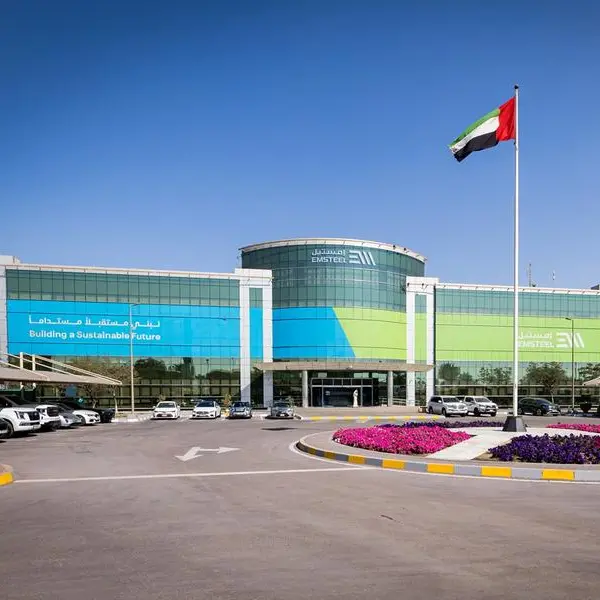Qrator Labs presents a new study on the impact of possible failures of backbone telecom operators on the global availability of national Internet segments. Brazil, Germany, the Netherlands, Singapore and the United Kingdom are leading the reliability ranking, while the Middle East has yet to break through to the top.
Countries of the Middle East should develop Internet exchange points, support small telecom operators and Internet providers and increase inter-regional connectivity to get to the top.
The development of Internet infrastructure in the Middle East has historically lagged behind Europe and the US, which allowed countries in the region to use more advanced communication technologies: for example, the UAE consistently ranks high in various ratings for deploying 5G networks. Nevertheless, most states in the area have dominant operators with entire segments of the network depending on them.
The champion in the region is Cyprus fifty-third place in the overall ranking with a potential unavailability rate of 11%. Private sector was always strong in the telecom and Internet service provider market in Cyprus, with different providers growing independently of each other. Due to quite serious competition, especially given the size of the country, it performs well compared to others. On the other side of the spectrum is Lebanon: the leading operator in the country is LibanTelecom, and its failure would lead to the inaccessibility of 90.5% of Internet resources.
In other states in the region, the situation is roughly the same: if a particular major operator fails, 20-40% of Internet systems may be left without access to the network. The Middle East countries can reduce this figure and get into the top 20 of the ranking by:
- developing regional Internet exchange points (IXPs)
- supporting small telecom operators and Internet providers
- attracting international vendor companies, including Tier-1 operators
- increasing inter-regional connectivity
- financially supporting entrepreneurs in the field.
«Internal connectivity between Middle Eastern countries is relatively low, meaning traffic between the two neighboring countries can go through Tier-1 operators from the US and Europe. The reluctance of some Middle Eastern states to organize cross-border communications over optical links is understandable. Still, the country's increased Internet connectivity with its closest geographic neighbors is beneficial as any potential failure is less likely to cause severe problems in Internet access for its citizens and businesses.
Today, the absolute majority of traffic on the Internet, including international traffic, is encrypted by algorithms at the military-grade level, and there is virtually no way to intercept or tamper with the data. In this regard, it makes sense for operators to establish as many traffic exchange points as possible with their neighbors in the region, even if the states have no diplomatic relations,» explains Alexander Lyamin, the founder of Qrator Labs.
In general, if in 2016 a potential network failure rate of just over 8% allowed countries to get into the top 20, now even the indicator of 6.5% is no longer enough to be on the list of leaders. Overall, there is a clear upward trend in resiliency globally, with the average reliability score improving from 35.84% to 26.7%.



















